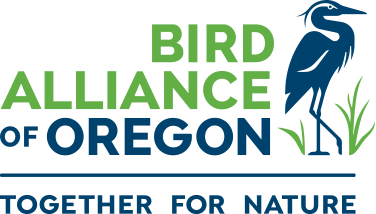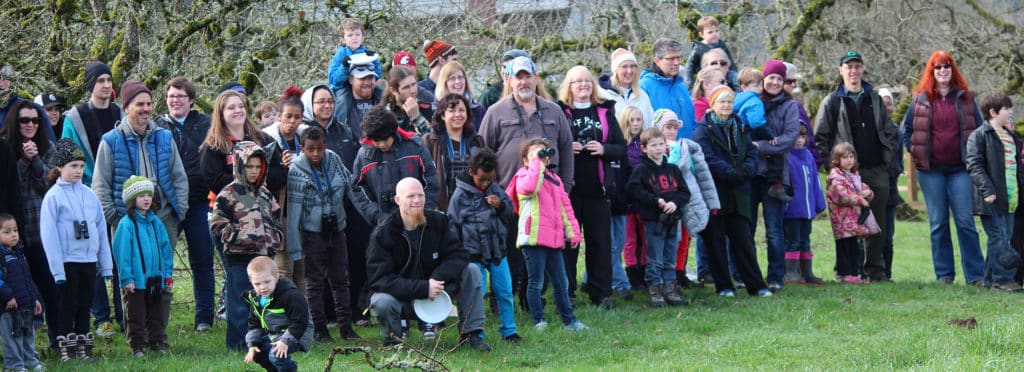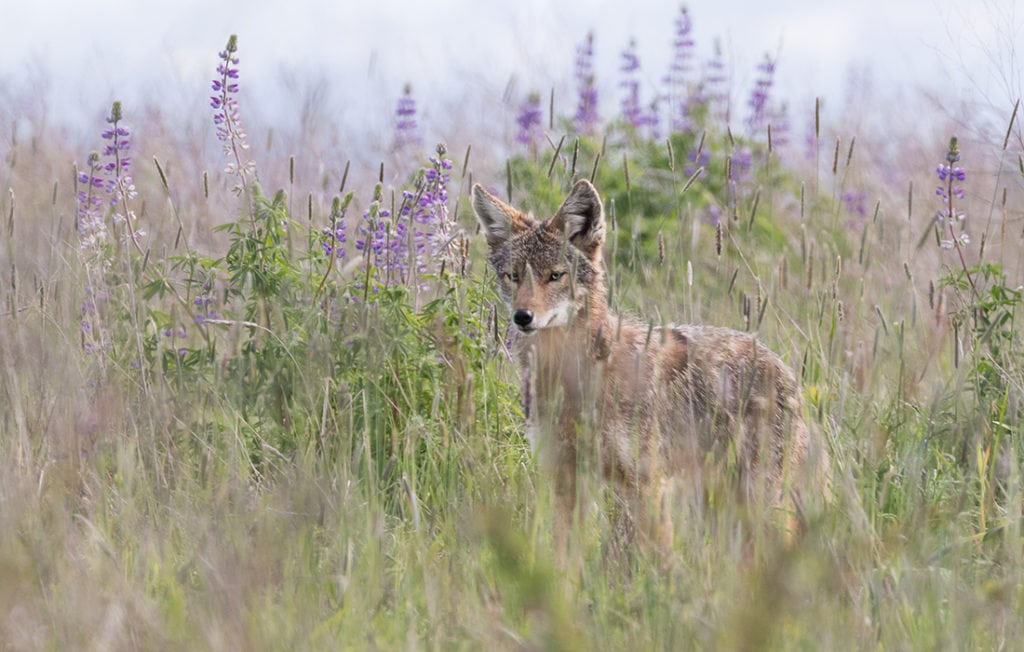
Approved by over 65% of voters in the 2018 fall election, the PCEF program invests in community-led projects that reduce carbon emissions, create economic opportunity, and help make the city more climate resilient and equitable. Embedded in the City of Portland’s Bureau of Planning and Sustainability, the program is structured to fund nonprofits to lead projects related to renewable energy, energy efficiency, and green infrastructure/regenerative agriculture. It also includes funding opportunities for workforce development in each of those focus areas. Revenue is raised by a 1% business license surcharge on the largest corporations that do business in Portland. It prioritizes serving the communities most impacted by climate change and most often left out of past economic systems: communities of color and low-income communities.
As this first-of-its-kind program was developed and built out over the years, Bird Alliance of Oregon, along with our core coalition of partners, committed significant capacity to shepherding the program—to protect it from attacks by corporate opponents and help inform its policy and program development to align with the initial community vision. Bird Alliance of Oregon has been especially focused on informing the development of the green infrastructure program, which has long been our urban conservation program’s greatest tool to integrate nature into the built landscape. By advocating for the expansion of this part of the program, we hope to not only move closer to our climate goals but also increase wildlife habitat, biodiversity, and community health.
The program successfully solicited and funded significant public investments through its first request for proposals (RFP), distributing $8 million though 45 community grants in 2021. This funded projects that de-paved schoolyards and planted trees, installed rooftop solar on low-income housing, and created workforce development programs, all building climate and community resiliency for those in need. The size of this initial RFP was intentionally small to allow staff to smartly grow the program and implement accountability systems. The success of the first RFP rollout was followed in 2022 by a significant scaling that awarded $118 million through the second RFP. At the time of development, the program’s consistent revenue projections were becoming clearer and exceeding those initially projected by the advocates who crafted the program structure (large corporations are pretty adept at hiding profits).
In late 2022, following the successful distribution of the second RFP, it became clear that revenue projections were not decreasing anytime soon. This, coupled with urgency around the climate crisis and general concern that the original program structure might not have the capacity to distribute the growing fund balance, led Portland City Council to direct staff to lead a process for the community to inform changes to the program that would allow it to accelerate distribution of dollars for climate projects while retaining its original goals.
The outcome was a collection of code amendments that were ultimately passed by Council with the intent to facilitate the scaling of investment. These changes allowed for the creation of strategic initiatives that leverage other City priorities and funding and organize the program’s elements into the development of five-year Climate Investment Plans (CIP) that align with urgent community priorities.
A Historic Investment for Climate Justice
The first CIP is slated to invest over $700 million in community-led clean energy projects and climate solutions like tree planting to increase shade in East Portland and energy-efficient upgrades to make apartment buildings healthier during extreme heat. The second draft is currently being finalized by staff and will be in front of City Council at the end of summer. The public will have an opportunity to help finalize the plan, please keep an eye out for ways that you can help get it across the finish line.




